In the vibrant tapestry of life, narratives are the threads that weave our experiences into the stories we live. Each of us carries a unique narrative, crafted from our memories, relationships, triumphs, and challenges. These narratives shape not only how we view ourselves but also how we interact with the world around us. As a life coach, I often guide clients in exploring and reframing their personal narratives to foster growth, resilience, and fulfillment.
understanding your narrative.
A narrative is more than just a story; it’s the lens through which we interpret our experiences. It encapsulates our beliefs, values, and perceptions, often influencing our thoughts and behaviors in profound ways. For instance, if someone perceives themselves as a victim of circumstance, they might feel powerless and unable to take action in their lives. However, if that individual can shift their narrative to see themselves as a survivor who learns from challenges, they open the door to possibilities and empowerment.
why narratives matter.
identity formation. The narrative we tell ourselves shapes our identity. Are you the overachiever, the caregiver, or the dreamer? Understanding your narrative helps clarify who you are and what you stand for.
mental resilience. Reframing negative narratives can bolster mental resilience. By recognizing and altering limiting beliefs, you can cultivate a more optimistic outlook that fosters strength in the face of adversity.
goal setting & achievement. Your narrative influences your goals. If you believe you are unworthy of success, you may subconsciously sabotage your efforts. Conversely, believing in your potential can inspire you to set higher goals and strive towards them.
connection with others. Narratives help us relate to others. Sharing stories creates empathy and bridges the gap between people, fostering understanding and building connections that can support personal growth.
how to reframe your narrative.
self-reflection. Take time to reflect on your current narrative. What stories do you tell yourself? Write them down. Acknowledge both the empowering and limiting beliefs.
identify patterns. Look for recurring themes in your life stories. What patterns emerge? Are there recurring challenges that have shaped your narrative?
challenge limiting beliefs. Identify any beliefs that hold you back. Ask yourself: Is this belief based on truth, or is it a perception shaped by past experiences? Challenge these beliefs with evidence to the contrary.
create a new narrative. Rewrite your story with a focus on empowerment and growth. Frame past challenges as opportunities for learning and resilience. Begin the narrative where you take active steps towards your goals.
visualize your future. Envision where you want your new narrative to lead you. Create a vision board, write down your goals, or discuss your aspirations with a trusted friend or coach.
actively share your new narrative. Communicate your new narrative with others. This reinforces your commitment to your new self-story and fosters connection and accountability.
embracing the journey.
While reframing narratives can be a profound transformational process, remember that it’s an ongoing journey. Narratives can evolve as we grow and face new experiences. Embrace flexibility in your story; allow it to change as you do.
In conclusion, your narrative has the power to shape your experiences, influence your identity, and dictate your future. By consciously reflecting on and reframing your personal stories, you can unlock a pathway to empowerment, resilience, and connection. Start today—rewrite your narrative and take the first steps toward the life you truly want to create!

